Can Ginger Help a Diabetic Diet?
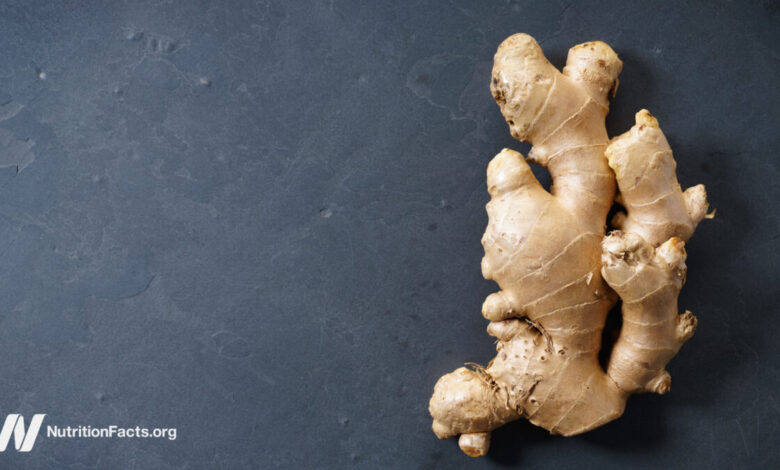
Ground ginger and ginger tea are put to the test for blood sugar control.
In a case report of the “successful management of type 2 diabetes with lifestyle intervention,” a 45-year-old man took responsibility for his health into his own hands and sought to defeat his disease and get off the meds by eating foods purported to be anti-diabetic, as you can see below and at 0:20 in my video Flashback Friday: Is Ginger Beneficial in a Diabetic Diet?. How strong is the evidence for ginger?
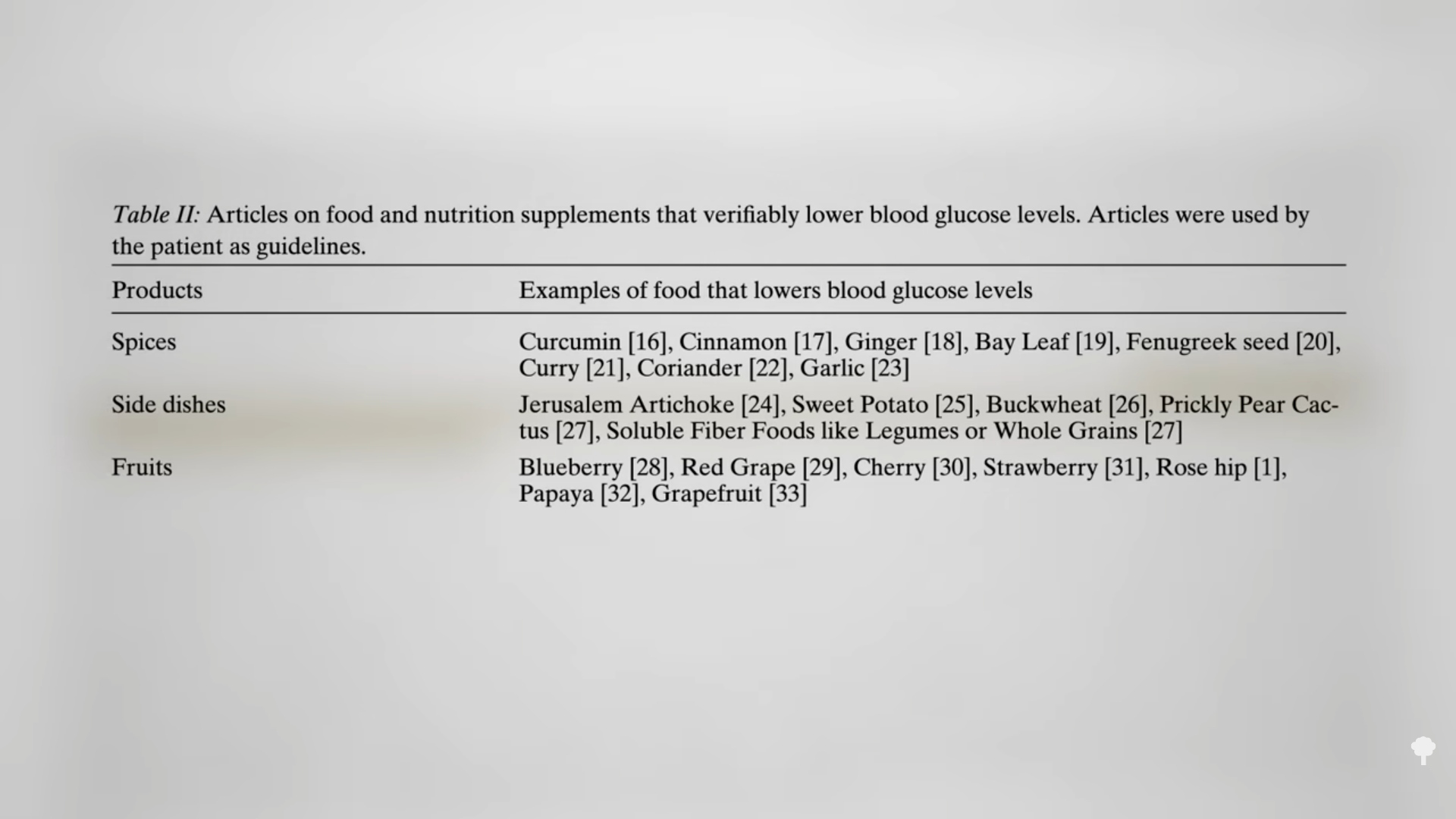
“Diabetes is reaching pandemic levels…and requires safe, affordable, and effective therapies.” So, what about ginger’s “potential in prevention and treatment”? As you can see in the graph below and at 0:37 in my video, in a petri dish, increasing exposure to ginger compounds improves blood sugar uptake of muscle cells almost as much as the popular diabetes drug metformin.
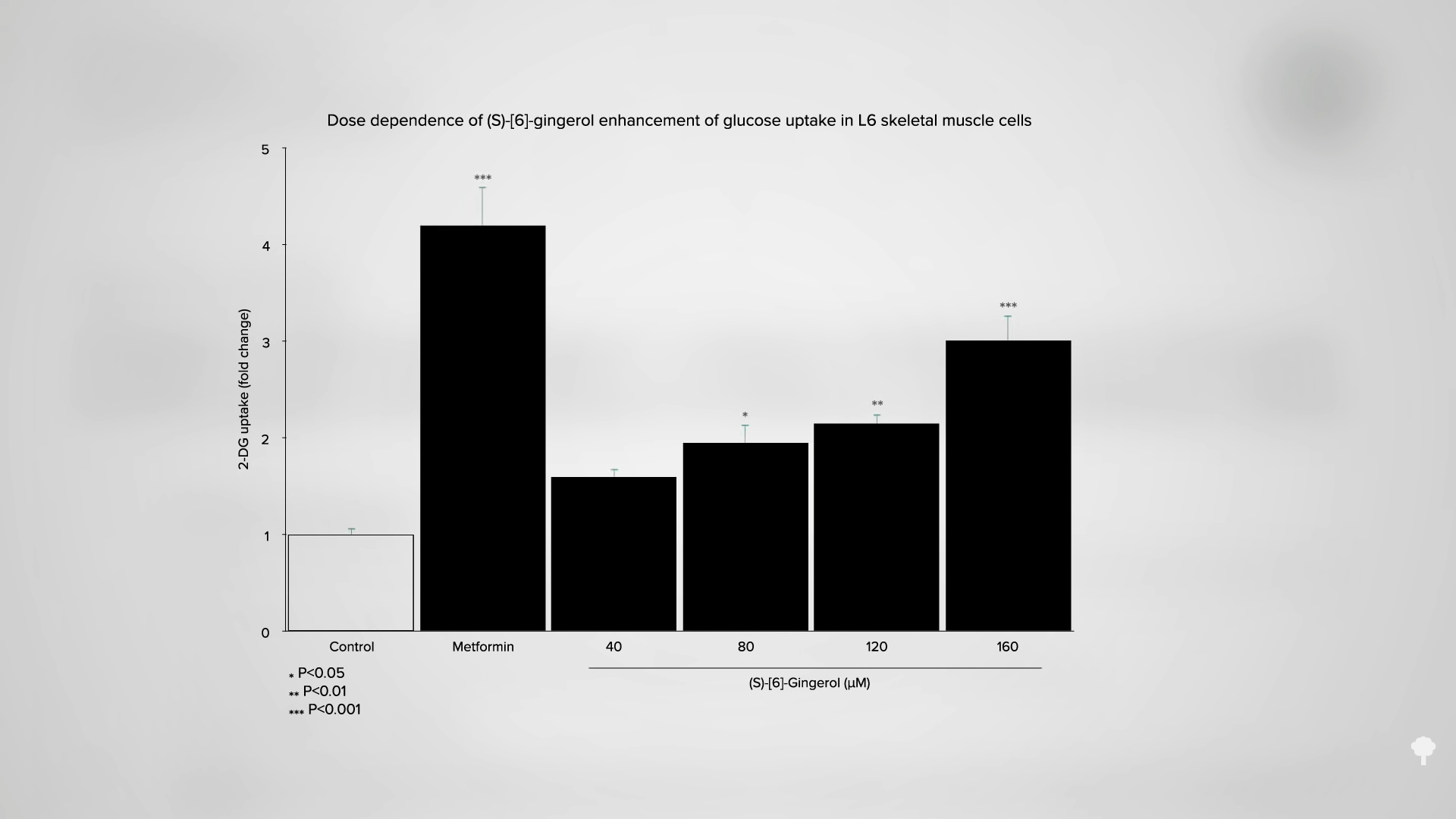
And, in rats, ginger might work even better than metformin, but weight and blood sugar reduction observed in rodent models “does not translate to humans.” As you can see in the graph below and at 0:59 in my video, a combination of nutraceuticals caused mice to lose 30 percent of their body weight in one month, but what about people? Researchers found no benefit compared to placebo. You don’t really know if something works in humans until you put it to the test.
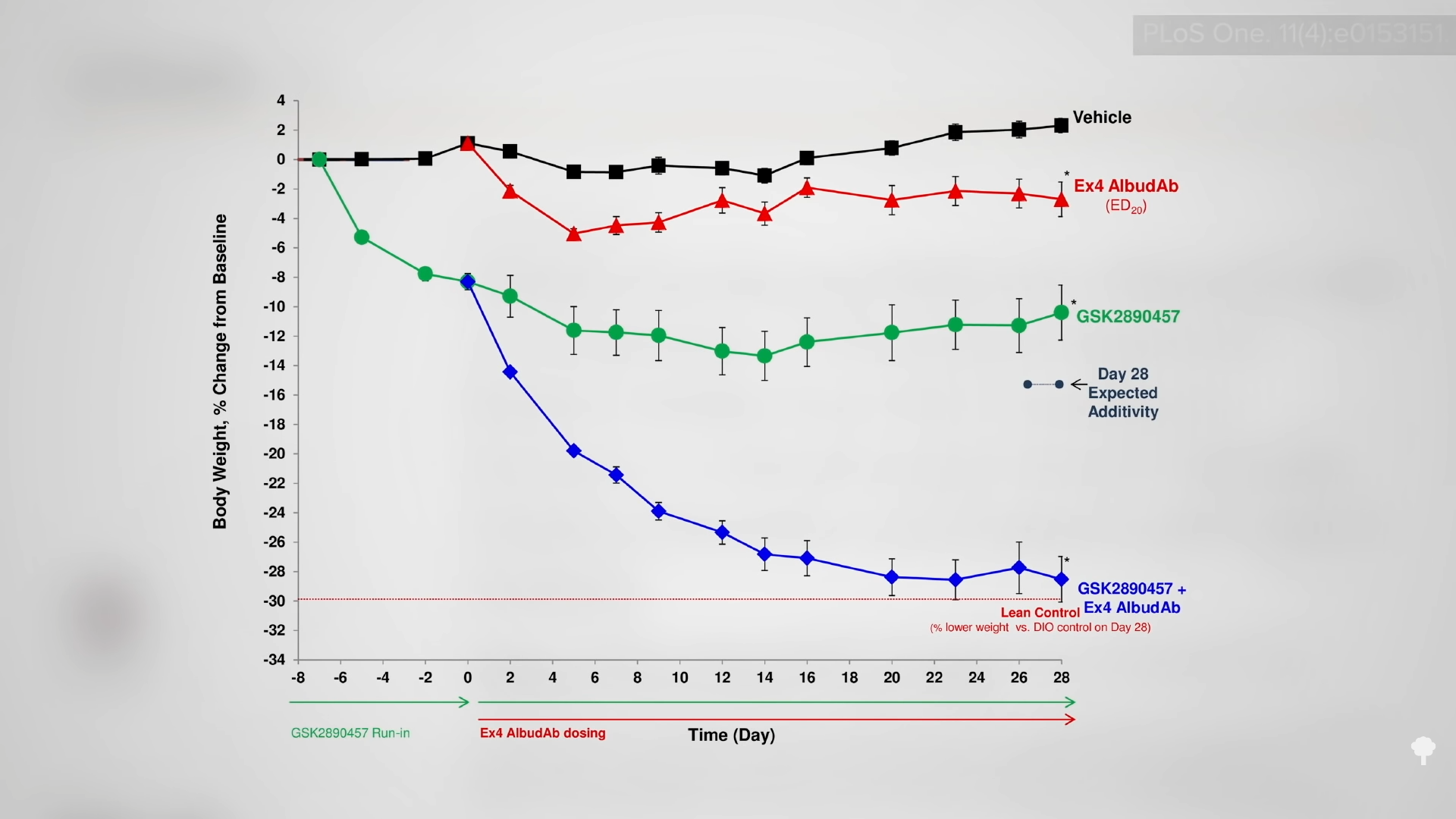
When researchers fed people refined white–flour bread with a cup of water, their blood sugars rose over the next two hours. But, when they drank some unsweetened green tea with that white bread instead of plain water, there was less of a blood sugar spike. The same with cinnamon tea and also with ginger tea made by mixing a tablespoon of grated fresh ginger into a cup of hot water. You can see this below and at 1:17 in my video. The study subjects were all healthy, though. What about the effects of ginger in people with diabetes?

In the first study of its kind, diabetics were randomized to take a teaspoon of ground ginger a day for two months. It was hidden in pill form, so the researchers could compare results with subjects taking identical-looking sugar pill placebos. The result? Ginger supplementation decreased the levels of insulin, which is a good thing, as well as lowered levels of triglycerides and LDL cholesterol, but without a significant effect on blood sugars. Now, heart disease is the leading killer of diabetics, so a 13 percent drop in bad LDL cholesterol would be reason enough to shell out the nickel a day it would cost to add that much ginger to your diet, but it would have been nice to also see an improvement in blood sugar control. There was that drop in insulin levels, which suggests improved insulin sensitivity, and a significant drop in insulin resistance. Is it possible the researchers just didn’t give the ginger enough time to work? That study gave it two months, but what giving three months?
Researchers gave subjects even less ginger, just 1.6 grams, less than a teaspoon a day, but did so for 12 weeks, and ginger did in fact reduce blood sugar levels, as well as decrease inflammation, cutting C-reactive protein levels in half.
What about scaling down to just eight weeks, but, this time, using a higher dose—3.0 grams a day, which is about one and a half teaspoons? Researchers found a significant decrease in fasting blood sugars and long-term blood sugar control in the ginger group, “thereby showing the effect of ginger in controlling diabetes.” In fact, the placebo group continued to get worse, while the ginger group got better, as you can see below and at 3:14 in my video.

Similarly, researchers saw amazing results in a randomized, double-blind, placebo-controlled study with a teaspoon a day for 12 weeks and also recorded improvements using a teaspoon and a half, where all of the participants in the ginger group were better and all of those in the non-ginger group were worse, as you can see below and at 3:27 in my video.
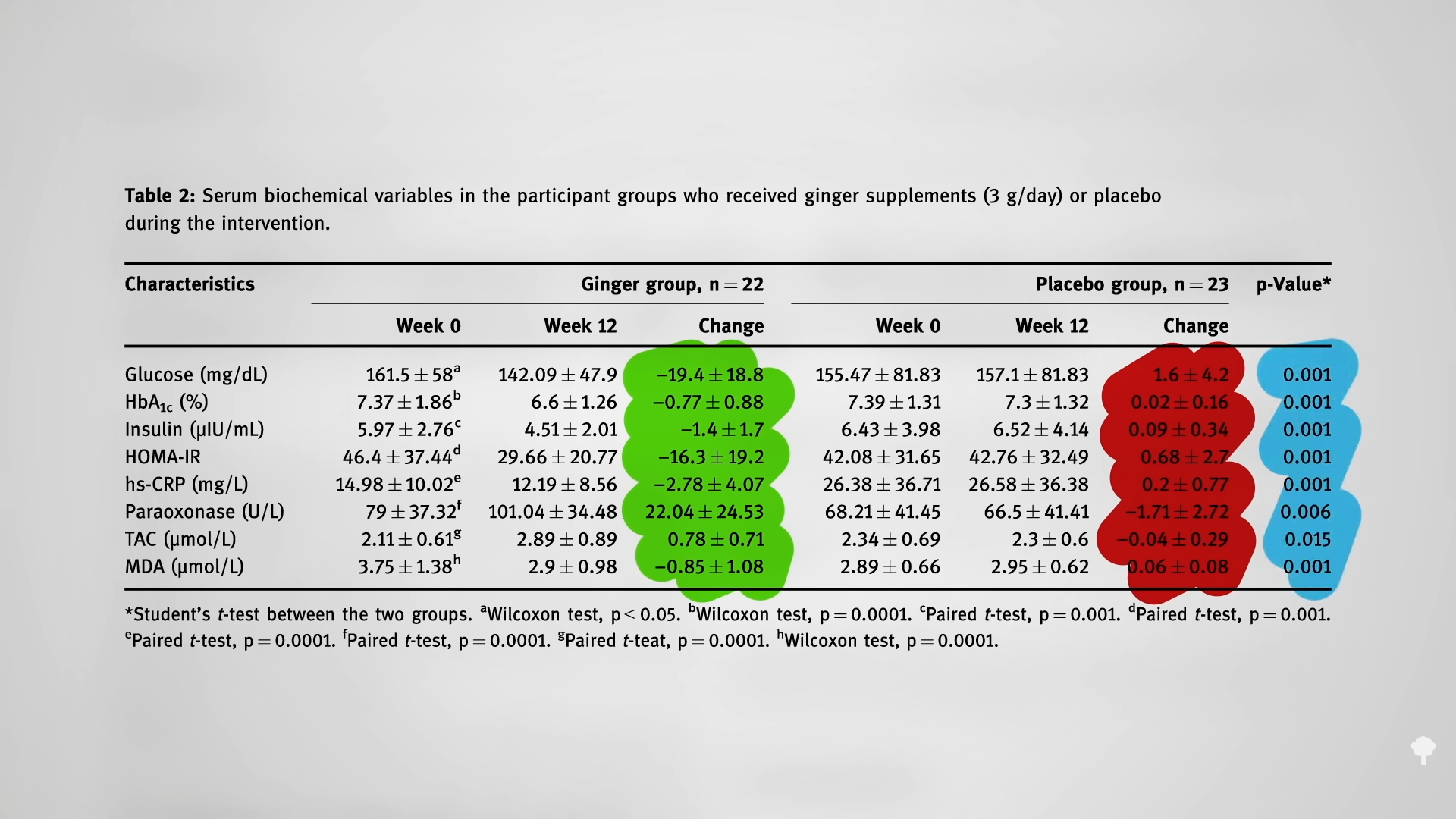
So much significant difference, just because of a small amount of an inexpensive, safe, simple, and side-effect-free spice. If you put together all of the studies, “the combined data clearly demonstrated” that ginger can lower blood sugar levels and improve long-term blood sugar control—and do so at a totally manageable dose. You could just stir a teaspoon of ginger powder into a cup of hot water and drink it. How easy is that? So, “overall…‘adding [a] little spice to our life’ may serve as a delicious and sensible way to maintain a healthy body.”
If one plant can do all of this, can you imagine if your whole diet was centered around plants?
Here’s a video to draw you in to the dozens more I have on diabetes, one of our leading killers: How Not to Die from Diabetes.


